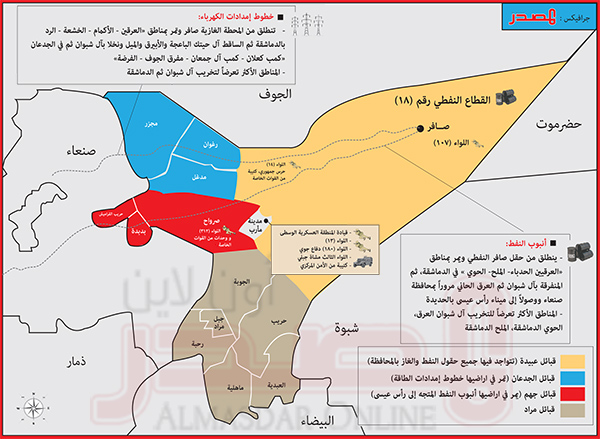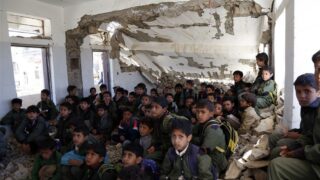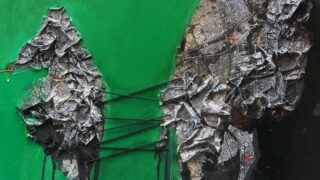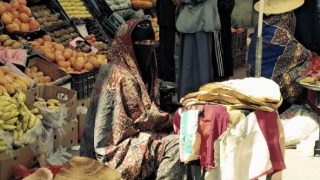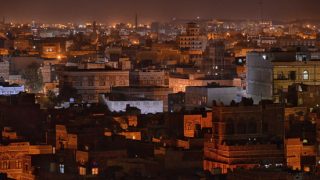Examining and scrutinizing the explosions of the oil pipelines in Yemen during the transitional period confirms the fact that this is about selective, targeted vandalism. This is not a vandalism for the sake of vandalizing or solely to inflict random damages upon the government. And these are not the random criminal acts by unorganized rebel groups whose acts or where they’re going to strike cannot be predicted, either, so the attacks target pipelines located in areas where state control is flailing or altogether absent. This is an organized and targeted vandalism. If this were not the case, how could one explain the fact that 90 per cent of attacks targeted the main oil pipeline operated by SAFER, The Republic of Yemen's leading national oil and gas Company? All of this while oil pipelines operated by foreign or multi-national corporations were not targeted.
Oil pipelines were subjected to 30 attacks during 2012 and 36 attacks during 2013 and 31 attacks during the first eight months of this year. The pipeline operated by SAFER in the south was attacked a whopping 100 times while the pipeline operated by foreign firm in Musila in South Yemen was not attacked on any occasion during the same period.

